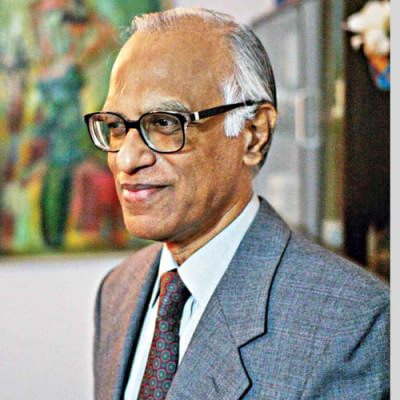Coming out of LDC, a welcome move from all sides

Bangladesh's graduation from the list of least-developed countries (LDCs) is long overdue. The good news is that the country will graduate having met all three criteria.
The countries that had previously graduated did so by satisfying two out of the three criteria.
After graduation, Bangladesh will get a grace period to continue availing the trade benefits and other facilities given to the LDCs under the World Trade Organisation (WTO).
However, we must start preparing ourselves right away to perform in a global economy without those facilities.
We need to be proactive in trade negotiations to get duty concessions bilaterally or within multi-country trade agreements. For example, Vietnam has successfully negotiated several such trade agreements.
The improved image of an economy, which is no longer an LDC, will help but only if we can put in place policies for exploiting that advantage, particularly for attracting foreign direct investment.
While rejoicing in our graduation from the LDC group, we need to be clear about the classification of countries used by various international agencies.
According to the World Bank's classification, we have already been elevated from a low-income country to a low-middle income country. The next step would be to graduate to the high-middle income category.
The UN, along with other affiliated bodies, including the WTO, formally and legally recognise only the LDC status for providing certain facilities. It does not have a formally defined definition of "developing countries".
The terms "developing country" or "least developed country" come from the academic literature of development economics to contrast with what is called "developed" or "industrialised" countries.
So, simply put, Bangladesh is about to graduate out of the LDC category, but it has always been and is still a developing country in the literature on development economics. For the international bodies, the term "developing country" does not serve any practical purpose.
Bangladesh has always been a misfit among LDCs in terms of its population size. That was one of the reasons why Bangladesh always met one of the three graduation criteria, namely that of vulnerability, which depends mainly on the size of the country.
Unlike other LDCs that mainly export agricultural or other primary products, Bangladesh's main export is a manufacturing product, namely garments.
That is why Bangladesh did not often find common ground with other LDCs in global negotiations. So, the country's coming out of the LDC group will be seen as a welcome move from all sides.
The author is an economist.

 For all latest news, follow The Daily Star's Google News channel.
For all latest news, follow The Daily Star's Google News channel. 



Comments